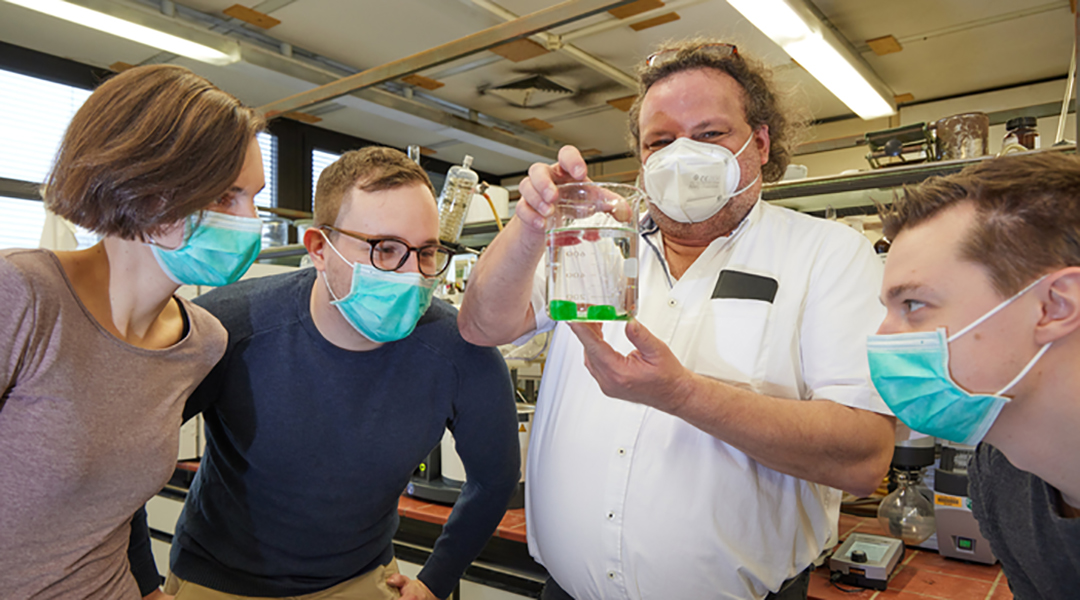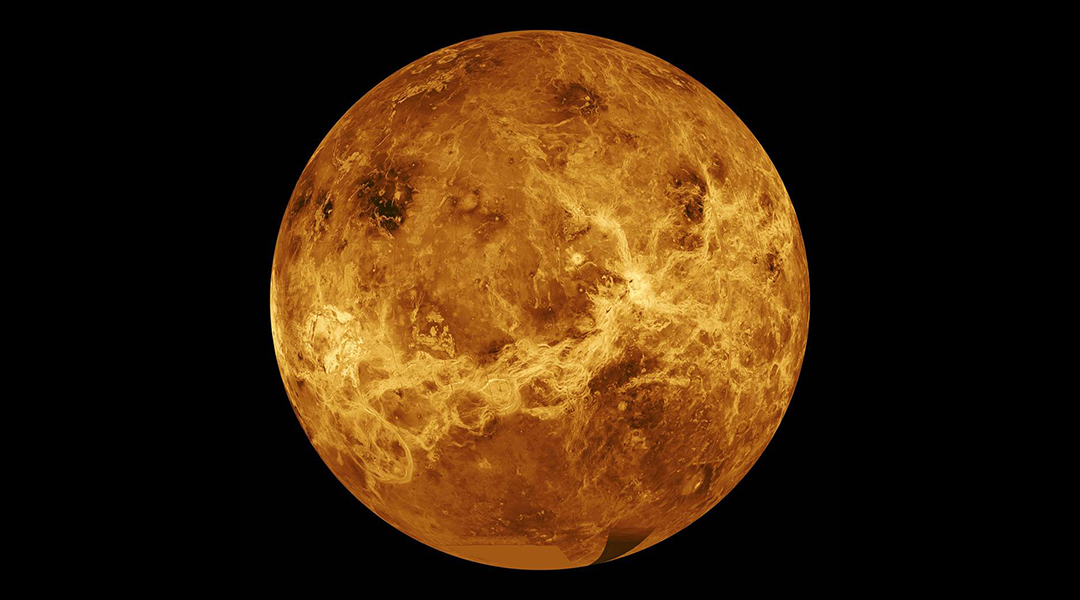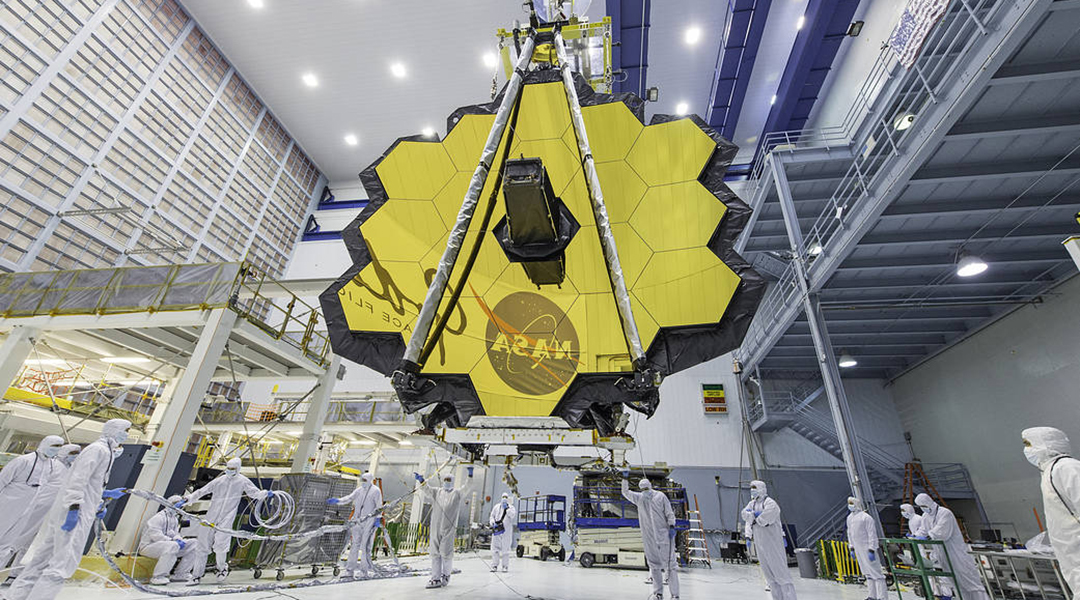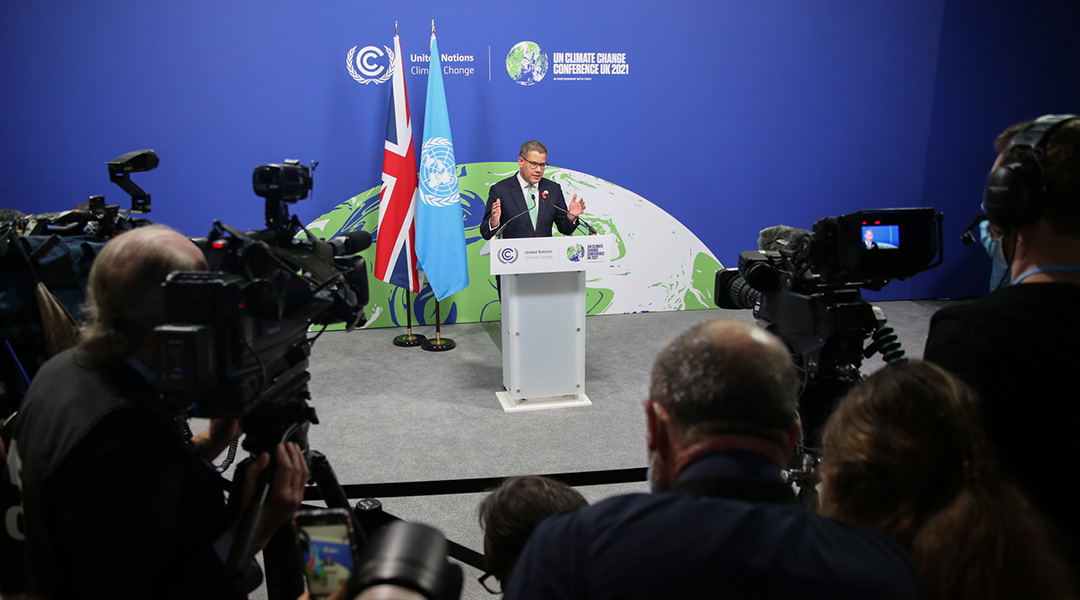An epoxide ring opening reaction could help stabilize biomolecules by replacing hydrogen with deuterium with a high degree of selectivity.


An epoxide ring opening reaction could help stabilize biomolecules by replacing hydrogen with deuterium with a high degree of selectivity.

New research on Venus reveals how large impacts from rocky bodies may have altered its development during planetary infancy.

Exploring how scientists can develop efficient, solar-powered reactions to convert carbon dioxide to useful chemical feedstocks.

The new James Webb Space Telescope will collect infrared light from distant corners of the cosmos, enabling scientists to see further than ever before.

An inexpensive and reusable oil-catching sponge has been developed to reclaim high-temp fracking effluents.

A fast and efficient means of record keeping could improve the ability to trace structural differences in viral variants.

Scientists and climate ethicists argue that more attention needs to be given to population growth’s role in the climate crisis.

Regions of spacetime where gravity is so strong that nothing, not even light, can escape!

Pledges provide hope that the climate crisis is being taken seriously, but whether words will translate into reality is yet to be seen.

Innovative new designs could help the aviation industry get to net-zero by making planes more compatible with renewable energy sources.